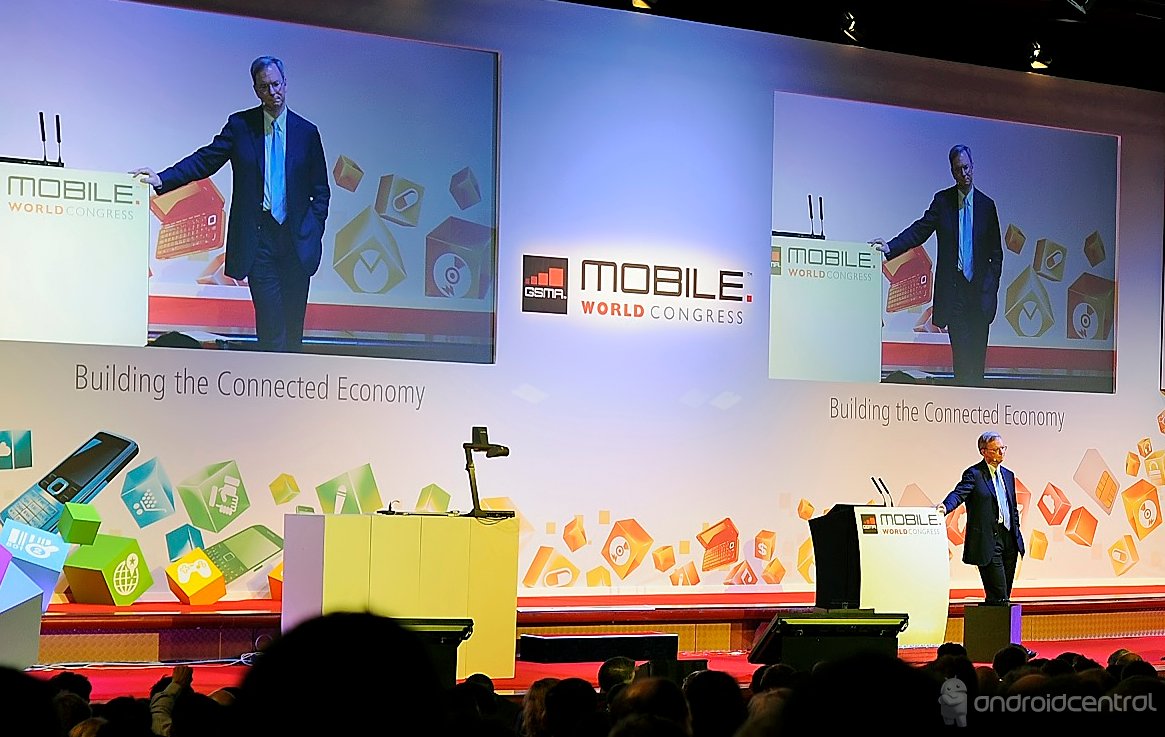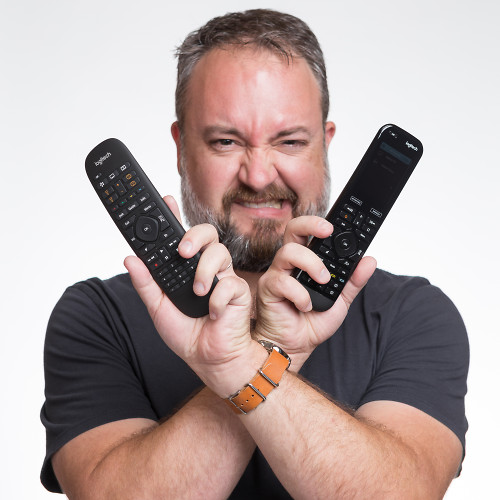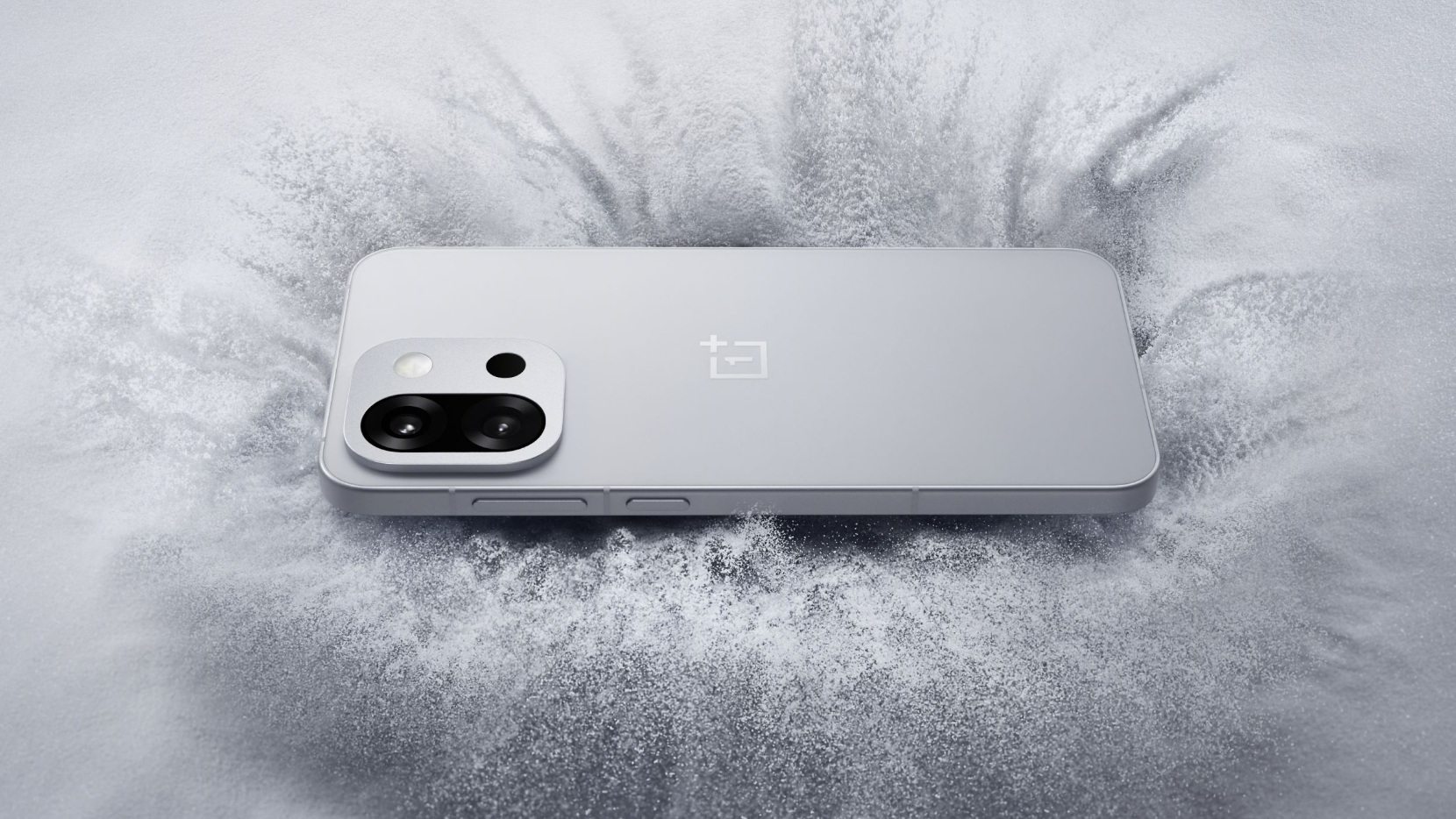Google's Mobile World Congress Keynote: Chrome for Android demo, and the worldwide digital divide

Google chairman Eric Schmidt today at Mobile World Congress took the stage for what traditionally has been one of the premiere keynote addresses of the event.

Schmidt started the keynote praising the Google Chrome browser and its recent leap to the mobile space as an Android application. He quickly turned things over to Android Product Director Hugo Barra, who gave the capacity audience (and many more watching the livestream -- the first time in recent memory that the keynote has been broadcast) a tour of the mobile browser. (Check out Android Central's Chrome walkthrough.)
"Chrome and Android are two of the most significant investments Google has made in the life of the company," Barra said. "We designed Chrome for android with three goals in mind. We wanted to build, first of all, a mobile browser that was really, really fast, really, really clean, and really, really simple."
Barra announced that Chrome for Android was recently released to 20 additional countries. (You can get Chrome here in the Android Market.)
Schmidt then launched into the state of the web worldwide and reminded us all that for the 2 billion people who are online, there are billions more how are not. "Every revolution begins with a small group of people, kind of like us," Schmidt said.
"The future belongs to ultra-connected people -- the early adopters," Schmidt continued, adding that this group is limited by what it finds acceptable, a nod to privacy issues. Then there are connectivity issues themselves. Korea and Japan already have ultra-fast networks, Schmidt said, and it's changing lives there.
"We tend to massively underestimate the more seismic shifts that happen long-term," Schmidt said. "Think about the choices that you're so often forced to make for life." He then gave examples of robots traveling across the globe so that we don't have to. Driverless cars have already driven more than 200,000 miles, he said. And new laws are making it possible for driverless cars to make it to the roads.
Be an expert in 5 minutes
Get the latest news from Android Central, your trusted companion in the world of Android
But the progress isn't just with people, Schmidt said. A core trend of computer science, he said, will give a much better look into how society functions. Teaching. Fighting disease. Government operation. And there's a group of passionate people who can make these changes happen, Schmidt said. And because of them, the technology disappears. It becomes transparent.
"It's just there," Schmidt said.
Just below the early adopters, Schmidt said, are the "connected contributors," members of the middle class who serve more as consumers than on the bleeding edge of development. They're the ones who use these new future services that help make life and work better for everyone else. "Apps and services like these are improving the quality of life for the middle class," Schmidt said.
There's a disparity between those who buy and those who build, Schmidt said. Those who buy will be sophisticated consumers. They'll work for businesses an governments and nonprofits.
"I've always believed that the web is more than a network of machines. ... Look at the way people came together last year to help the people of the Japanese earthquake," he said. "It is the web that unites us in sentiment and action."
And then there's the "aspiring majority." Pockets of the world that have no connectivity at all. The number of new data centers will boom. Fiber optics will be widespread and cheaper. Existing cables will carry more data. Everybody won't have the same online experience, however. But there many ways to get people connected.
"We cannot imagine the future by extrapolating the past," Schmidt said. "The smartphone experience will be universal."
Smartphones can be preloaded with your medical information, he said. Even nomadic people will invest in technologies that will change their daily lives. But having a smartphone isn't enough to get you online, he said. Smartphones need a data connection -- but they don't have to be a central data hub, Schmidt said. You don't even have to be connected to the internet. It could be more peer to peer or through mesh networks -- "a stepping stone for getting communities connected," he said.
"In times of war and suffering," he said, "it will be impossible to ignore the cries of help" from people communicating online," noting the change in the Middle East last year.
More ethical and responsible behavior also is a must from the technological elite, Schmidt said. "This, of course, is why I do what I do. I suspect this is why many of you do what you do."
"But we need to act now to avoid this new digital caste system," Schmidt said. "I believe this profoundly. ... Technology is power by its very nature."
"Let's all get to work."

